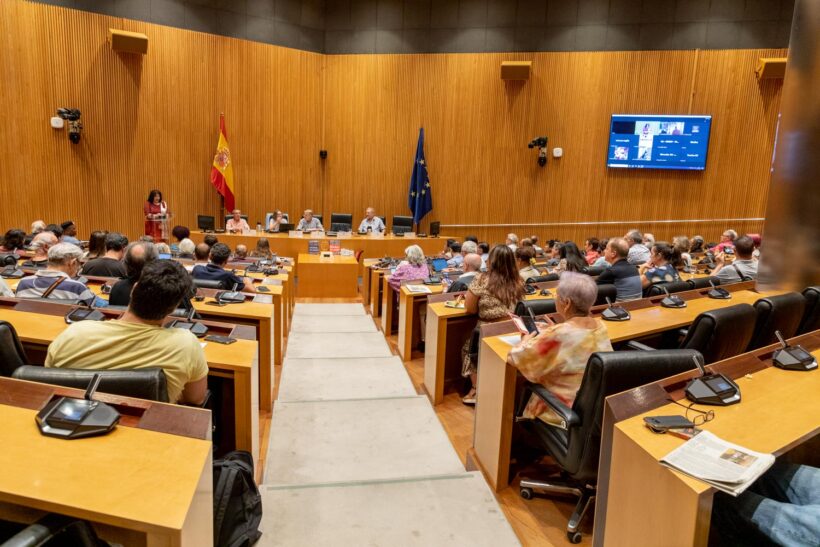The 3rd World March for Peace and Nonviolence was officially presented at the Congress of Deputies of Spain in Madrid on 2 October, International Day of Nonviolence, in the magnificent Ernest Lluch hall.
The event had a total attendance of about 100 people (most of them in person and others online), including some members of parliament and several representatives of related groups. María Victoria Caro Bernal, honorary president of the Association of Rhetoric and Eloquence of the Ateneo de Madrid, director of the International Festival of Poetry and Art Grito de mujer, who acted as master of ceremony, first read the communiqué sent by Federico Mayor Zaragoza, president of the Culture of Peace Function and former director of UNESCO, who had not been able to attend in person: “The time for confrontation, for force, is over… it is now time to act in favour of the peoples, we must stop being impassive spectators and become active citizens…”.
Rafael de la Rubia, promoter of the previous World Marches for Peace and Nonviolence and founder of the humanist association World Without Wars and Without Violence, reviewed the previous marches and commented on the main lines and the main circuit of the 3rd WM which will begin in a year’s time on the same date in Costa Rica. He emphasised the feat and the ethical value of developing a project of this magnitude without funding or sponsors of any kind.
Martine Sicard of MSG France then intervened to comment on how delicate it was going to be to specify the Africa route because of the current instability in several areas of the continent, but that we could count on the best of its people and its cultures to enhance initiatives already underway; this was completed with a video sent by N’diaga Diallo from Senegal.
It was then connected live to the Legislative Assembly in San José, Costa Rica, where Giovanny Blanco of World without Wars and without Violence and coordinator of the 3rd WM in Costa Rica, was presenting the March in front of an enthusiastic and committed audience to ensure its start from the University for Peace, a UN dependent university where there are students of 100 nationalities. They will walk more than 22 km to the Plaza de la Abolición del Ejercito in San José.
Carlos Umaña, co-president of IPPNW, the International Physicians for the Prevention of Nuclear War, recalled the importance that the March can have in continuing to raise awareness of the danger of nuclear weapons, alluding to the current position of the atomic clock, and invited people to watch Pressenza’s documentary, The Beginning of the End of Nuclear Weapons, to encourage a paradigm shift regarding their use.
Marco Inglessis from Energia per i diritti umani intervened live from Rome-Italy, shared some projects already underway in Europe, in particular Italy, Spain, Portugal, Czech Republic, Greece, Slovenia, France and Austria, among others, as well as the campaign Mediterranean, sea of peace, and highlighted the importance of educational work and the participation of the new generations.
Lizett Vásquez from Mexico, commented on the Mesoamerican and North American route. She pointed out that it would pass through different countries: Nicaragua, El Salvador, Honduras, Guatemala, Mexico and the USA, where activities had already taken place in previous marches. The aim is also to arrange an interview at the United Nations at the highest possible level.
Cecilia Flores from Chile gave a sketch of what could be the route of the March in its South American part and the important spiritual role that the Parks of Study and Reflection in the area could contribute to it. In general, it would enter through Argentina-Brazil and the two possible Atlantic and non-violent corridors are still to be defined, going up to Panama to finish on 5 January in Costa Rica.
The video of the intervention of Madathil Pradeepan from India was broadcast, claiming Gandhi’s legacy as a responsibility it to make his legacy his own once again and to involve the whole of Asia in this next march. The Asian route that will finally take place remains to be defined. New Zealand, Australia, Japan, South Korea, the Philippines, Bangladesh, Nepal, and India are the places through which previous marches have passed.
Jesús Arguedas, as spokesperson for MSGySV Spain, recalled that it was from Madrid that the first and second Marches were conceived and committed himself to promoting various initiatives at the Spanish level in both cultural and educational ambits, inviting everyone to make their own contribution.
Next, Rafael Egido Perez, sociologist, councillor for the Spanish Socialist Workers’ Party (PSOE) and secretary of the association Cuidadores de personas called for respect for human rights, in particular those of the elderly, migrants and women.
At the end of the event, spokespersons from various groups were invited to briefly present their field of action and their commitment to causes such as the defence of women, migrants and the environment, all of which will, of course, have a place in the March. And there were also several poetic interventions in homage to Gandhi, since 2 October has been designated as the International Day of Nonviolence precisely because it is the anniversary of his birth.
You can watch the whole event on the Congress TV channel
Pictures of the presentation
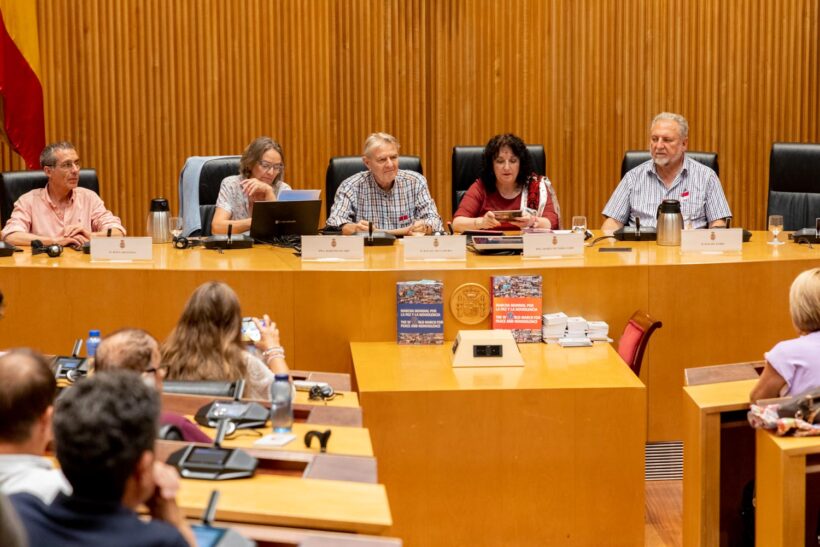
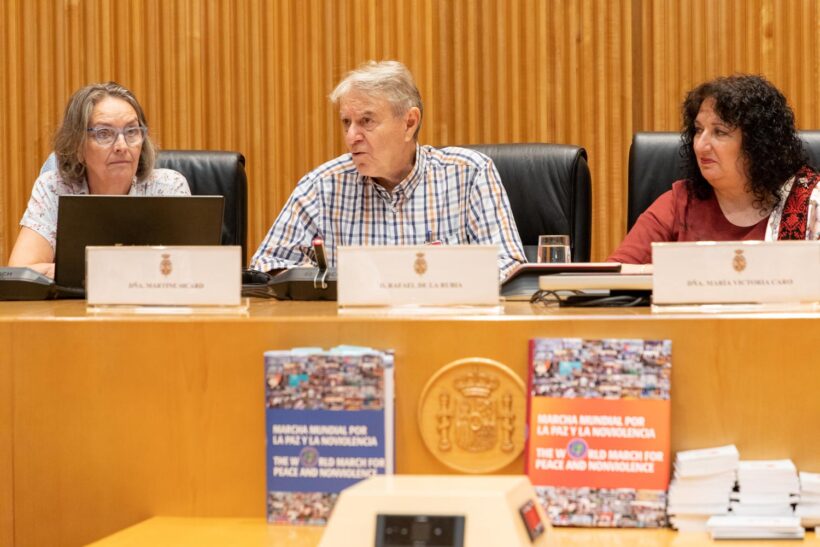
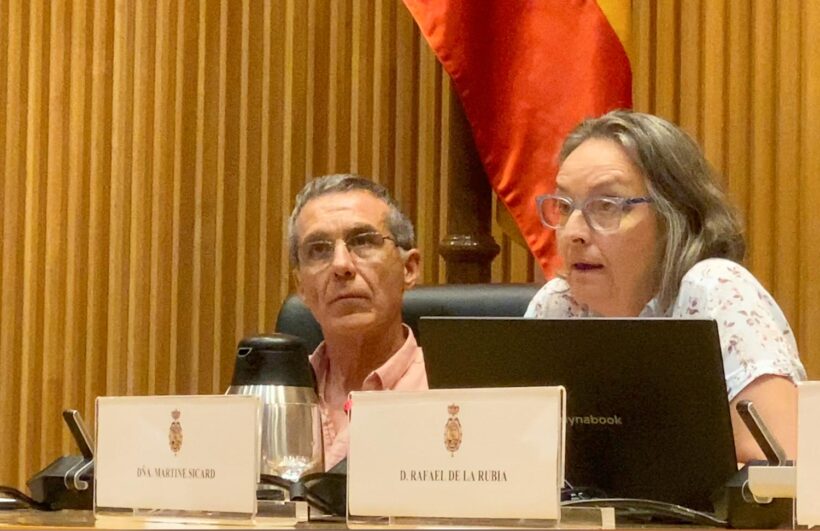
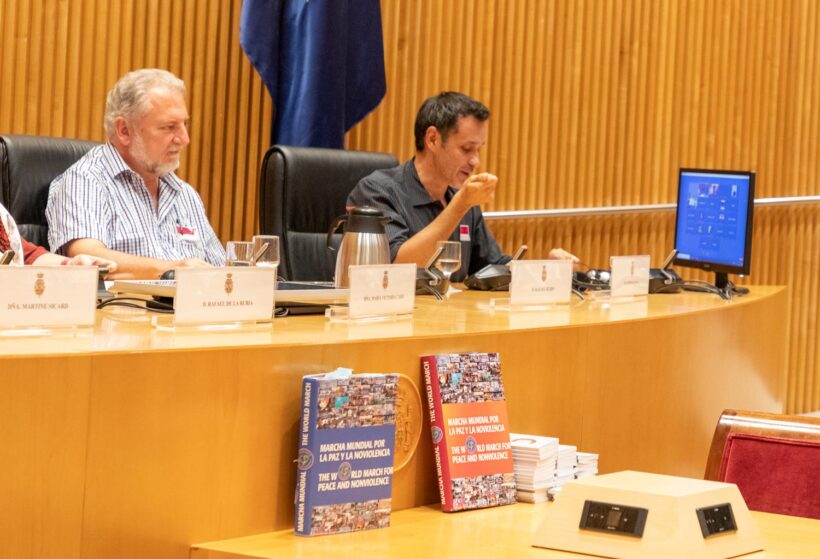
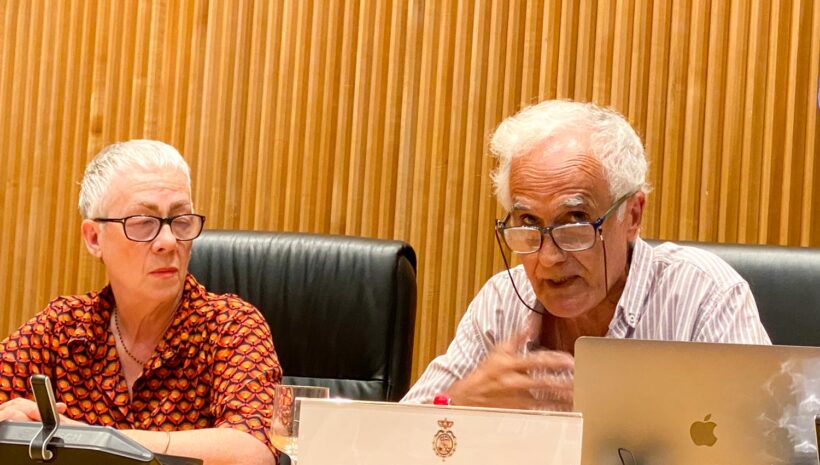
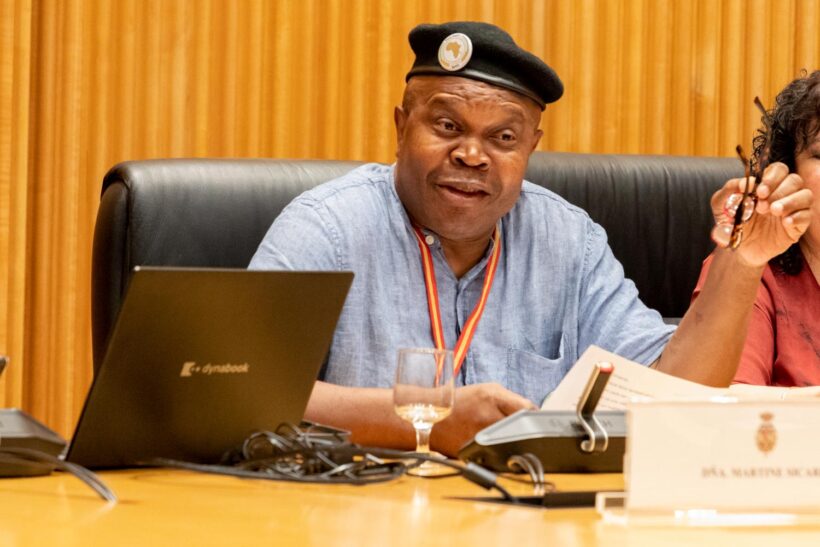
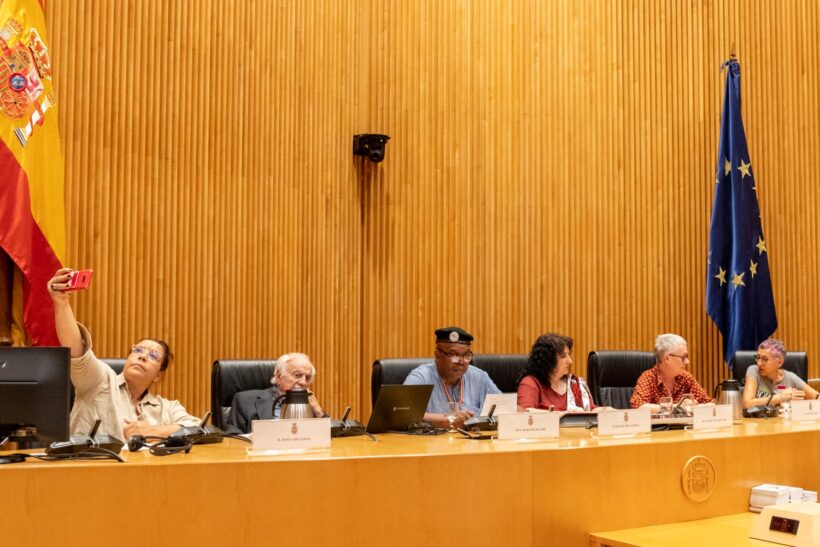
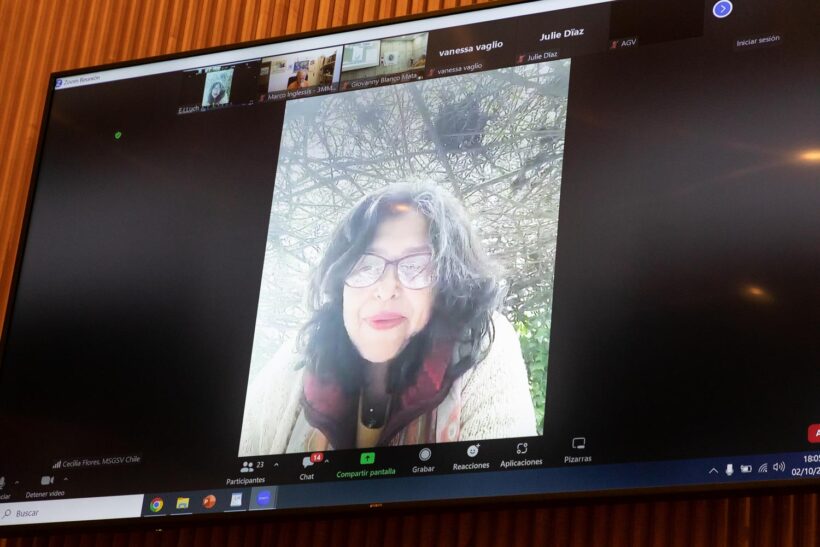
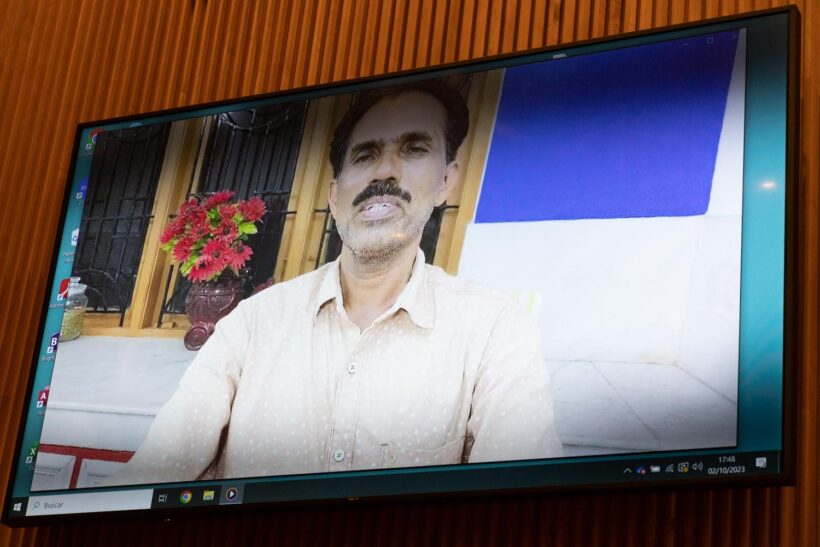
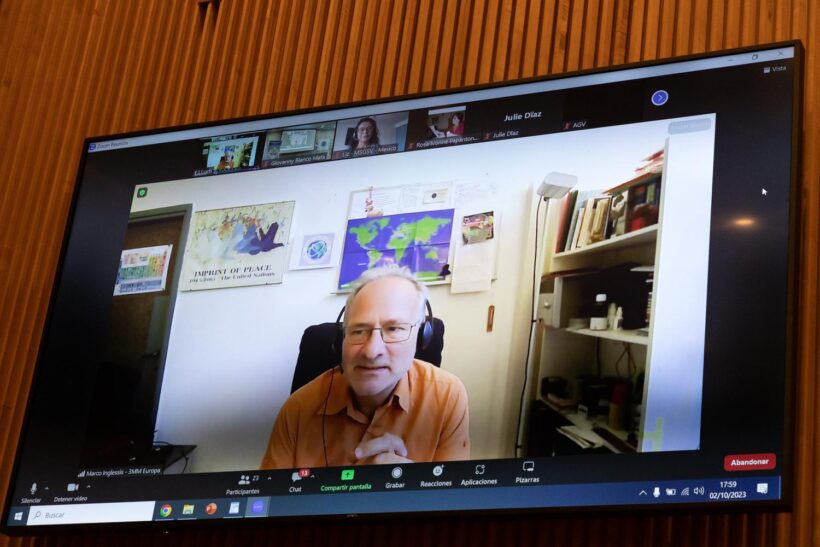
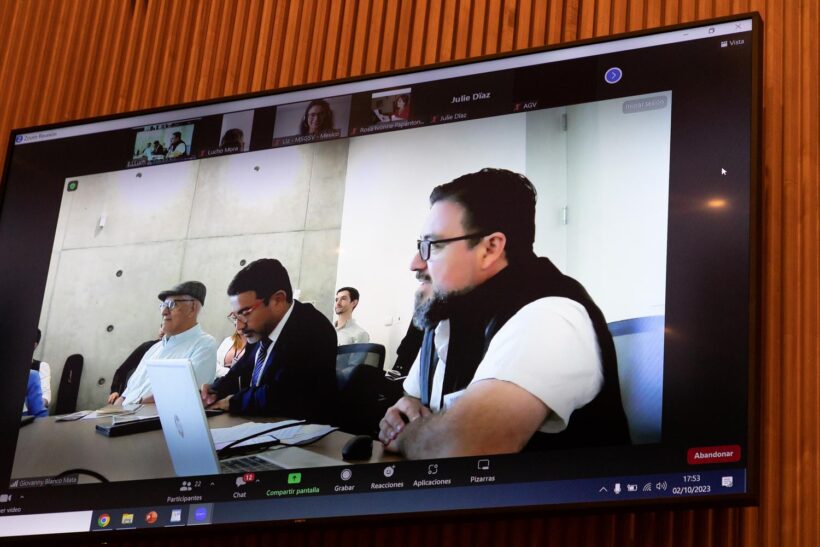
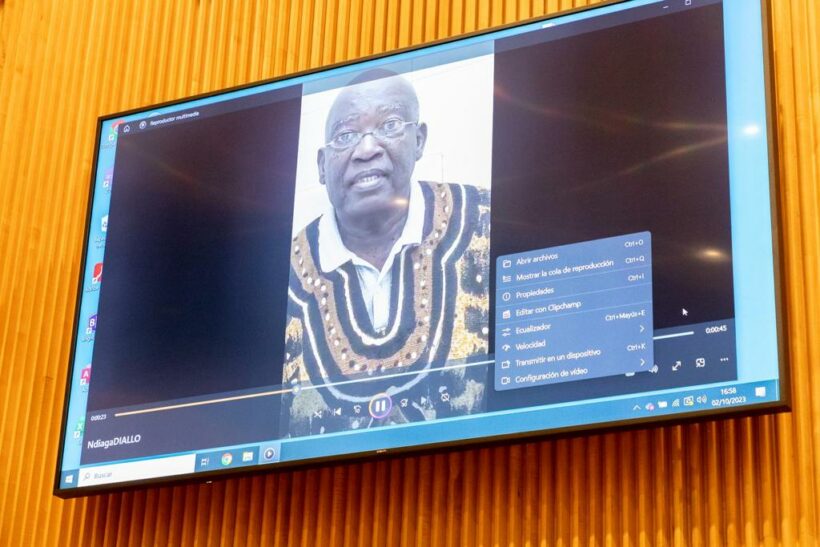
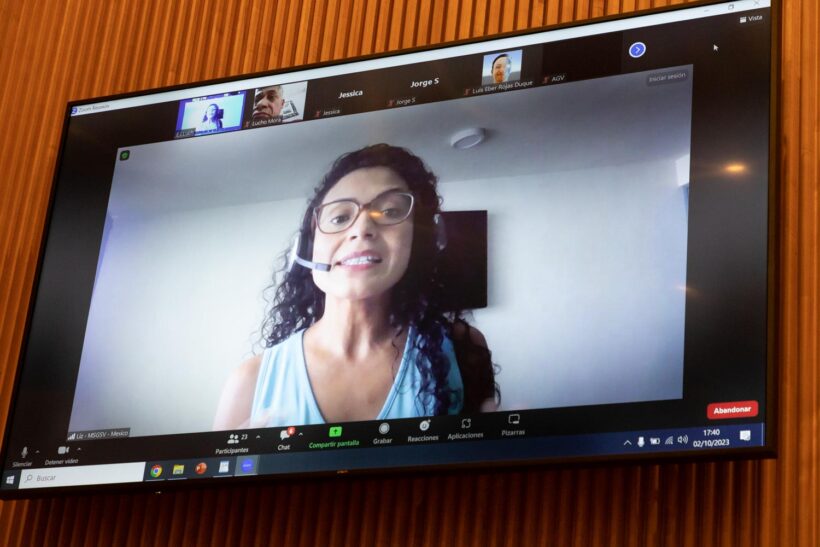
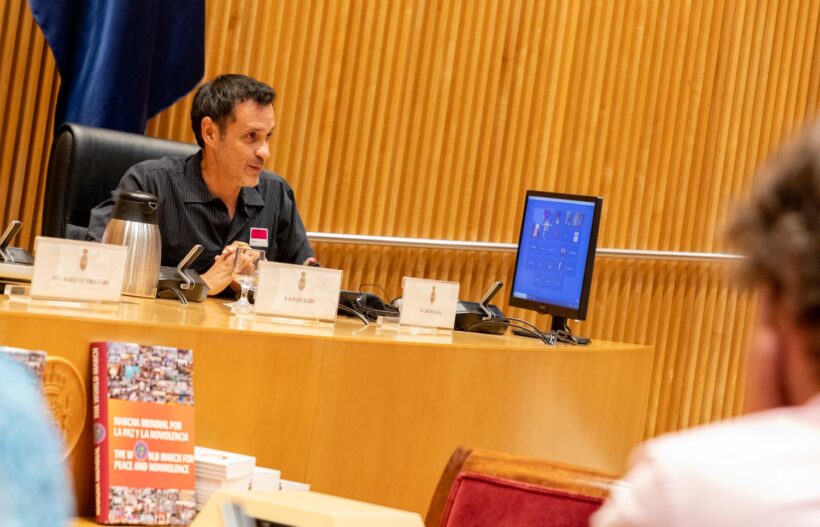
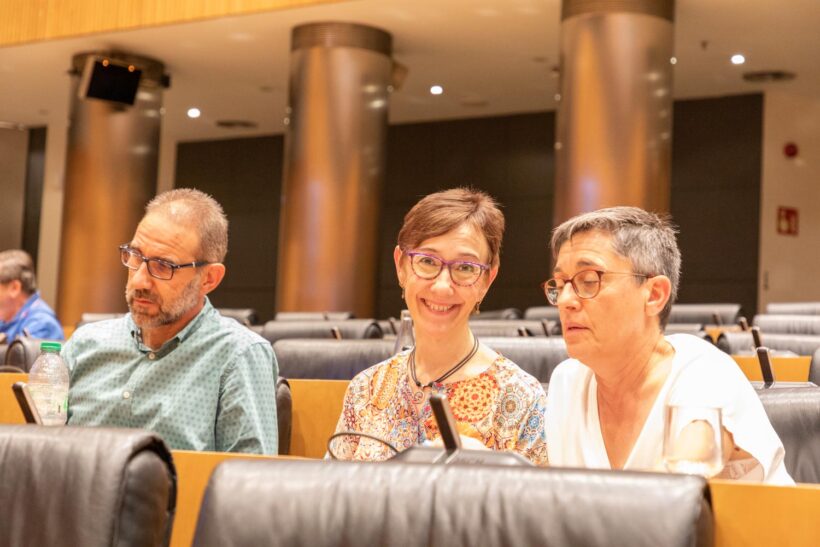
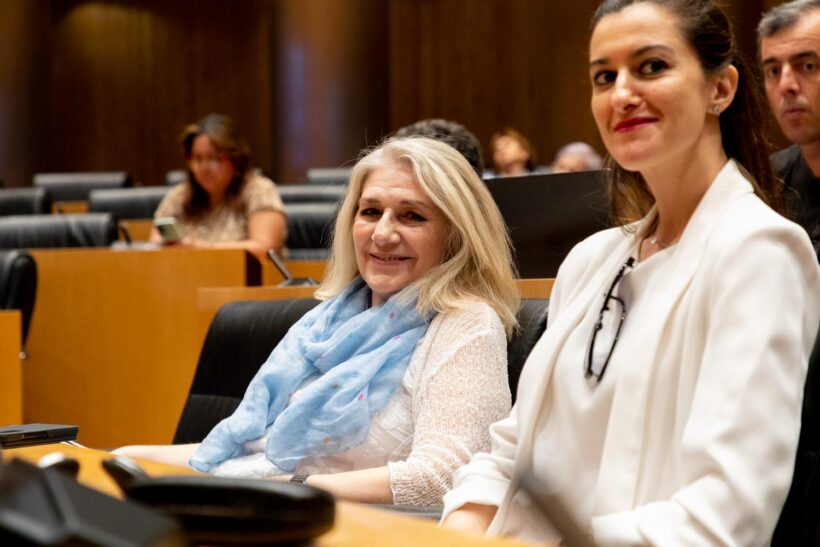
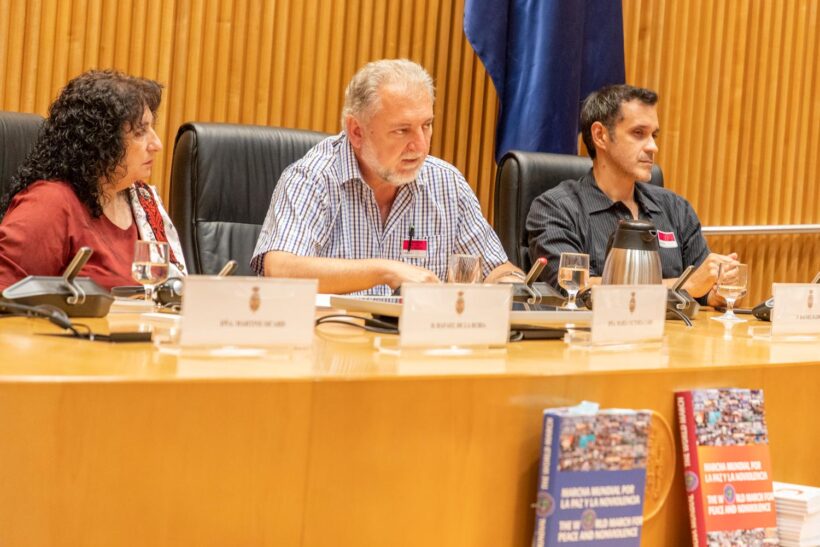
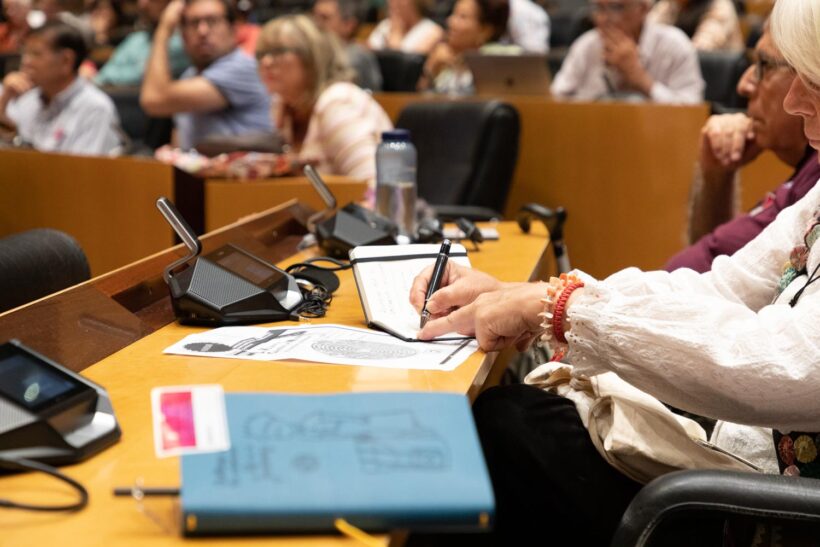
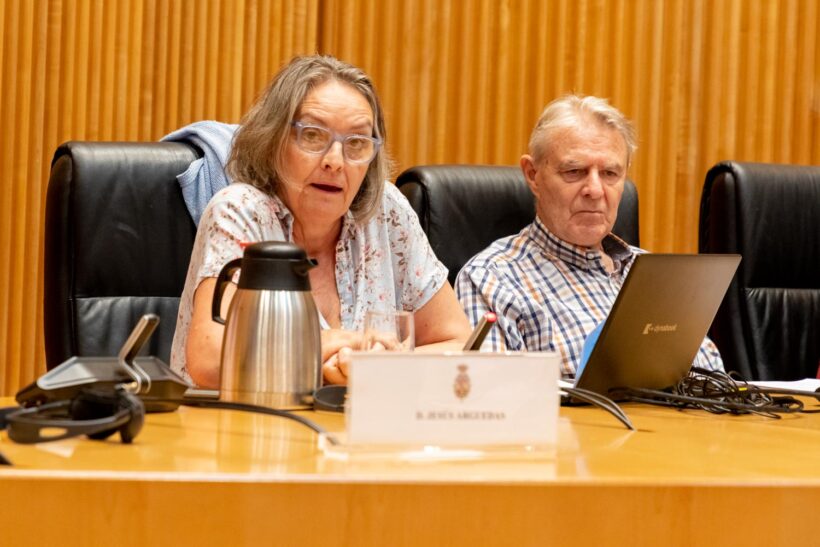
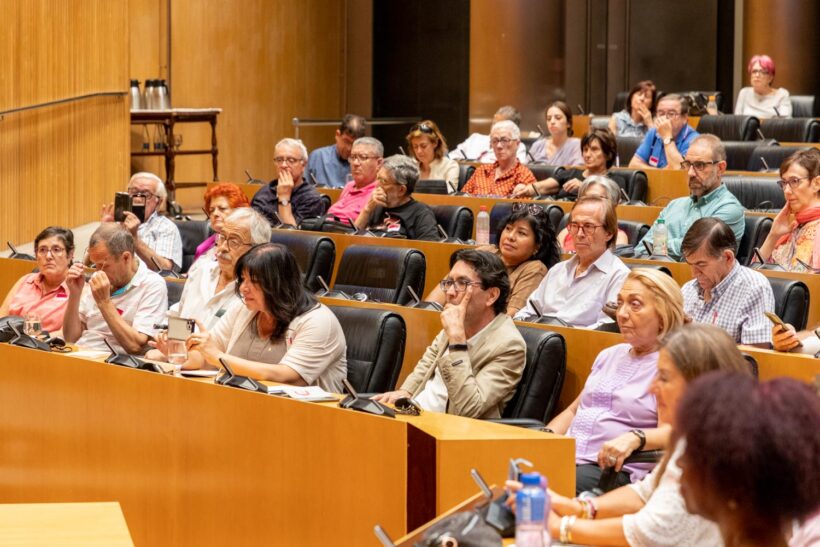
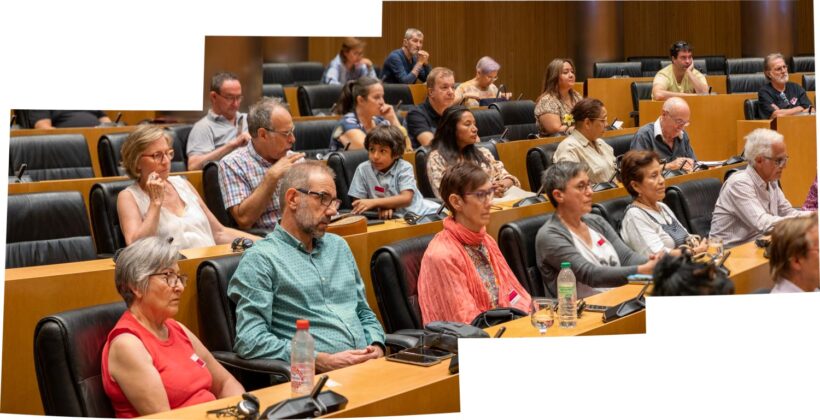
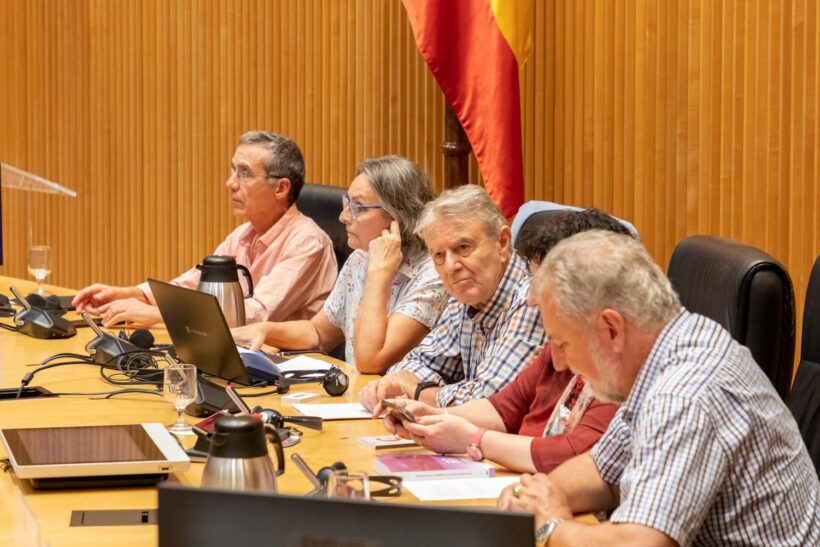
Photos: Pepi Muñoz and Juan Carlos Marín


